
The following is a snap-shot of funding opportunities that have been announced. Please follow the links for more information:
British Academy
Tackling the UK international challenges
The purpose of each project will be to bring new research ideas and methods to bear on existing international challenges and to deliver specific policy-relevant outputs.
Maximum Award: £50000 for 1 year Deadline: 2 November 2016
Agriculture & Horticulture Development Board
Soft fruits crop sector panel funding
The objectives of the soft fruit sector strategy link are:
- To improve productivity and cost management (resource management, climate change, soils and water, managing market volatility);
- To prevent and manage disease (NB: in this context disease covers all crop protection).
Maximum Award: Unknown Deadline: 6 November 2016
EPSRC
Healthcare technologies challenge awards
A future call, planned for mid-late October, designed to create a cohort of the most promising future leaders in Computational, Engineering, Mathematical and Physical Sciences research who will develop new research capabilities across the EPSRC portfolio to address unmet healthcare needs.
Maximum Award: Total budget for call is £10million for 7 – 10 awards Deadline: 31 January 2017
Alzheimer’s Research UK
Dementia consortium
The Dementia Consortium will provide funding, resources and expertise to both increase the number of, and capitalise upon, new drug targets emerging from across the academic sector that hold promise of bringing patient benefit.
Maximum Award: £100000 – £250000 over 2 years Deadline: 15 November 2016
Department of Health, including NIHR
Programme grants for applied research
These support projects that aim to provide evidence to improve health outcomes in England through promotion of health, prevention of ill health and optimal disease management, with particular emphasis on conditions causing significant disease burden.
Maximum Award: Unknown Deadline: 29 November 2016
Wellcome Trust
Seed Awards in Science
Seed Awards in Science help researchers develop new ideas to make them competitive for larger awards (from us or other organisations).
Maximum Award: £100000 over 2 years Deadline: 13 March 2017
AHRC
Leadership Fellow Scheme – Standard route
The AHRC’s Leadership Fellows scheme provides time for research leaders, or potential future research leaders, to undertake focused individual research alongside collaborative activities which have the potential to generate a transformative impact on their subject area and beyond.
Maximum Award: £50000 – £250000 Deadline: Open
If you are interested in submitting to any of the above calls you must contact your RKEO Funding Development Officer with adequate notice before the deadline.
For more funding opportunities that are most relevant to you, you can set up your own personalised alerts on Research Professional. If you need help setting these up, just ask your School’s/Faculty’s Funding Development Officer in RKEO or view the recent blog post here.
If thinking of applying, why not add notification of your interest on Research Professional’s record of the bid so that BU colleagues can see your intention to bid and contact you to collaborate.
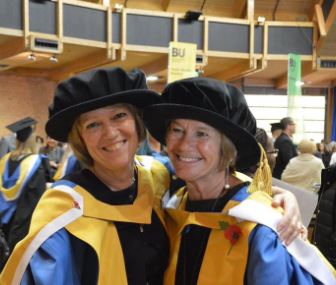 Alongside Bournemouth University’s midwifery and other health and social care students who graduated in last Friday’s ceremony, BU honoured prominent midwife Sheena Byrom OBE with an Honorary Doctorate for her services to the profession. Sheena Byrom gave an inspiring speech at Friday’s Graduation. Sheena said, “If they can keep in their hearts the passion and the drive they had when they first came to the university, it will help them to be more resilient and keep them motivated towards what they want to do. Healthcare is a blend between love and science and both are equally important. In practice, it is key that they have the skills, but the things that makes the difference are love and compassion.”
Alongside Bournemouth University’s midwifery and other health and social care students who graduated in last Friday’s ceremony, BU honoured prominent midwife Sheena Byrom OBE with an Honorary Doctorate for her services to the profession. Sheena Byrom gave an inspiring speech at Friday’s Graduation. Sheena said, “If they can keep in their hearts the passion and the drive they had when they first came to the university, it will help them to be more resilient and keep them motivated towards what they want to do. Healthcare is a blend between love and science and both are equally important. In practice, it is key that they have the skills, but the things that makes the difference are love and compassion.”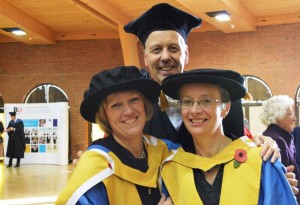 Alongside Sheena two students from the Centre of Midwifery, Maternal & Perinatal Health(CMMPH) graduated with a PhD in Midwifery. Dr. Alison Taylor received her PhD for her qualitative research on breastfeeding. Her thesis is entitled ‘It’s a relief to talk ….’: Mothers’ experiences of breastfeeding recorded on video diaries. Dr. Rachel Arnold was awarded her PhD for her research Afghan women and the culture of care in a Kabul maternity hospital.
Alongside Sheena two students from the Centre of Midwifery, Maternal & Perinatal Health(CMMPH) graduated with a PhD in Midwifery. Dr. Alison Taylor received her PhD for her qualitative research on breastfeeding. Her thesis is entitled ‘It’s a relief to talk ….’: Mothers’ experiences of breastfeeding recorded on video diaries. Dr. Rachel Arnold was awarded her PhD for her research Afghan women and the culture of care in a Kabul maternity hospital. Date: 17th November
Date: 17th November Preterm born babies are at high risk to develop a wide range of complications.
Preterm born babies are at high risk to develop a wide range of complications. The
The 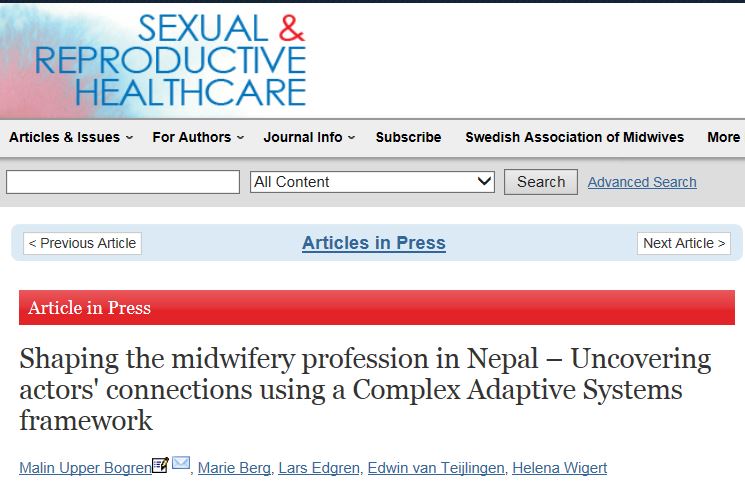

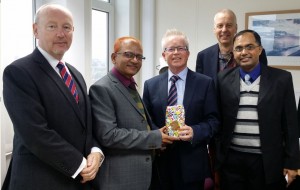
 MMIHS publishes its own journal the
MMIHS publishes its own journal the 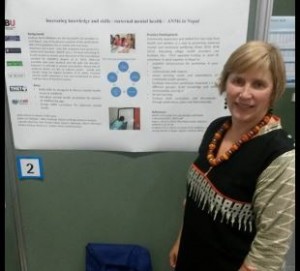
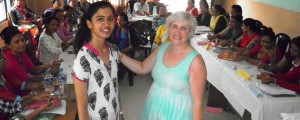
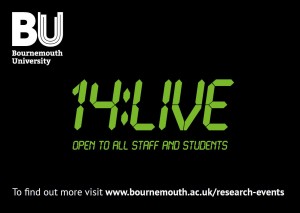


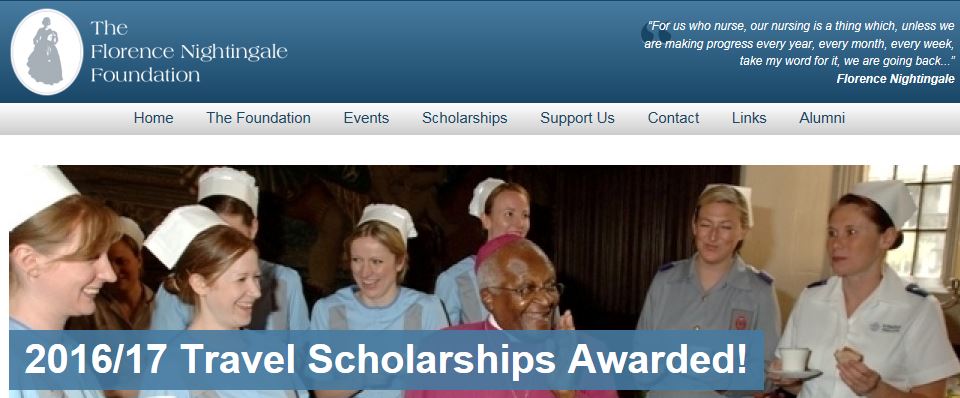




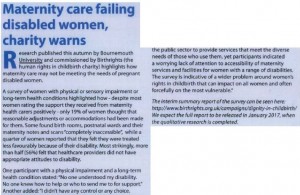 The study
The study 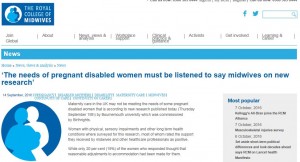
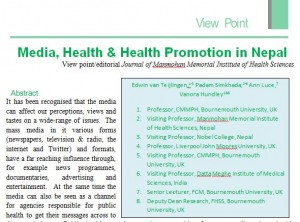

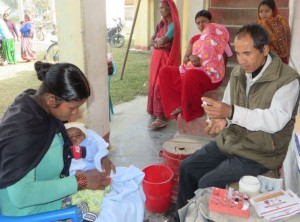











 Missing Persons Indicator Project Recruitment
Missing Persons Indicator Project Recruitment Celebrating our Research: Postgraduate Research Showcase 2026
Celebrating our Research: Postgraduate Research Showcase 2026 Nursing Research REF Impact in Nepal
Nursing Research REF Impact in Nepal Fourth INRC Symposium: From Clinical Applications to Neuro-Inspired Computation
Fourth INRC Symposium: From Clinical Applications to Neuro-Inspired Computation ESRC Festival of Social Science 2025 – Reflecting back and looking ahead to 2026
ESRC Festival of Social Science 2025 – Reflecting back and looking ahead to 2026 3C Event: Research Culture, Community & Cookies – Tuesday 13 January 10-11am
3C Event: Research Culture, Community & Cookies – Tuesday 13 January 10-11am ECR Funding Open Call: Research Culture & Community Grant – Application Deadline Friday 12 December
ECR Funding Open Call: Research Culture & Community Grant – Application Deadline Friday 12 December MSCA Postdoctoral Fellowships 2025 Call
MSCA Postdoctoral Fellowships 2025 Call ERC Advanced Grant 2025 Webinar
ERC Advanced Grant 2025 Webinar Horizon Europe Work Programme 2025 Published
Horizon Europe Work Programme 2025 Published Update on UKRO services
Update on UKRO services European research project exploring use of ‘virtual twins’ to better manage metabolic associated fatty liver disease
European research project exploring use of ‘virtual twins’ to better manage metabolic associated fatty liver disease